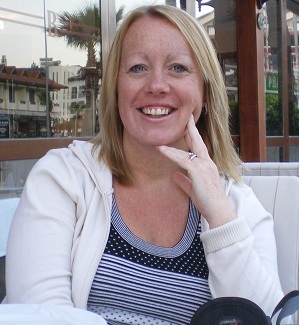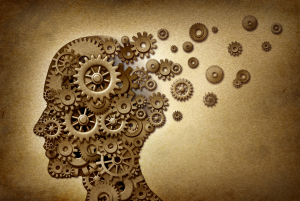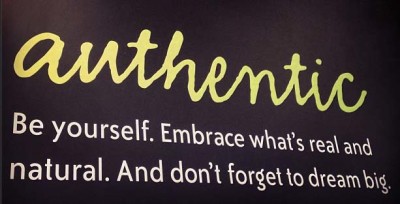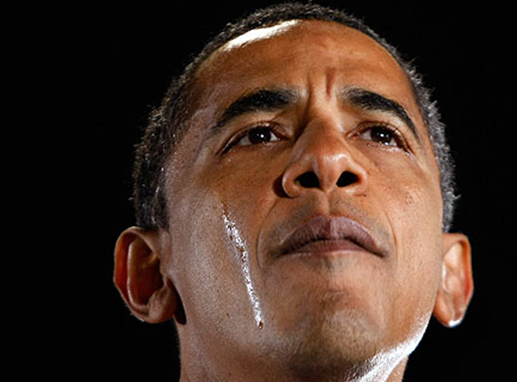 What is anger?
What is anger?
There are lots of descriptions available, here is one I find useful. ‘Anger is an uncomfortable emotion we create in response to a perceived provocation.’
Why do we do it?
Again there are as many theories as there are people on the planet, but here is a version I find most useful. ‘Because we believe we are powerless to achieve what we want, without anger’. It is a plea for power, I have heard some describe anger as ‘a weak man’s tool’. The idea is if you feel strong in yourself and your ability to achieve your end goal you don’t need it, you believe you have options because you are not fenced in to one outcome ‘which will make you happy’ and hence become flexible and open yourself up to a whole range of new possibilities!
Types of anger:-
Aggressive anger;
This is one we are all clear about when we see it, it takes the form of threatening and trying to frighten others, bullying, raising voices and sometimes speaking very fast, physical violence, being hurtful, even ignoring others needs and requests for help and blaming others.
Passive anger;
What are the consequences of anger:-
- Well we might get someone to move quickly to do as we want out of fear, but at what cost?
- When the verbal aggression doesn’t work, some get physically violent.
- Feeling of disease inside, it feels all ‘urrrgggh’ inside, it is not comfortable and calm.
- There are many, many more long term health consequences that have been sited in many medical and scientific journals from high blood pressure, weakened heart and arteries through constant adrenaline production, depression and anxiety to name but a few!
- Instant breakdown in relationship with other person
- Loss of self trust and self belief
- Growth in self loathing as well as hatred of others, creating even more discomfort
- Become driven with a need to be ‘right’ in order to justify our anger, and so the cycle continues….
How on earth is anger Optional?
Well here is the thing, if we choose to believe in the Socratic model of Stimulus, Belief, Response (SBR) what you think is directly responsible for how you feel and the way you behave. So if you change what you think you will change how you feel and the way you behave. Anger is just the feeling part of the response, the behavioural part can take many shape and forms as explored above. By the way quick reminder this model is not a fact, just an idea that helps those that want to be happier to get to that end in a really effective way.

So how do you change it?
Rekha Neilson
Option Process Mentor-Counsellor, Enabling Change. Empowering you.




